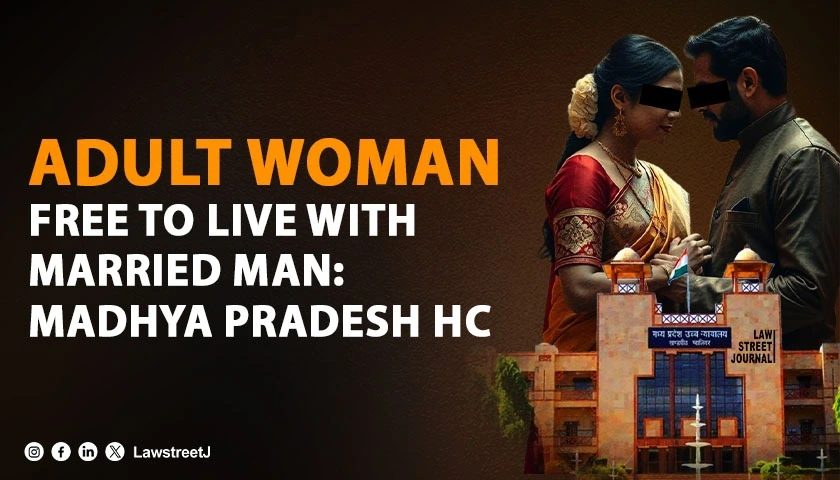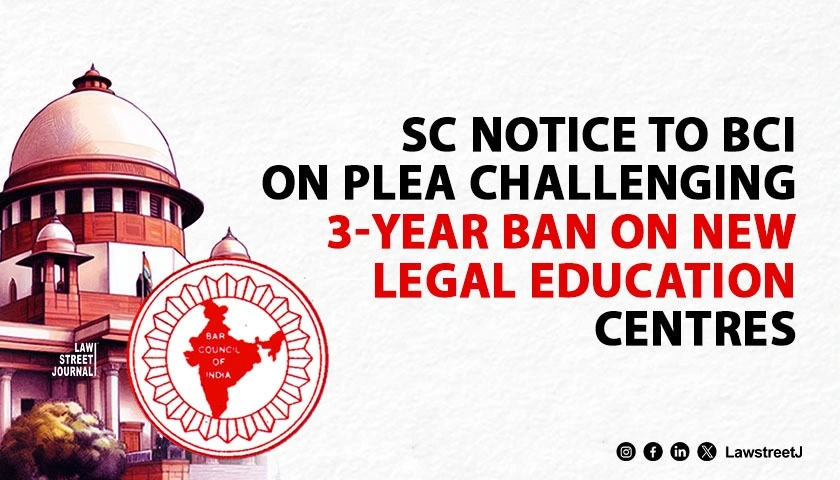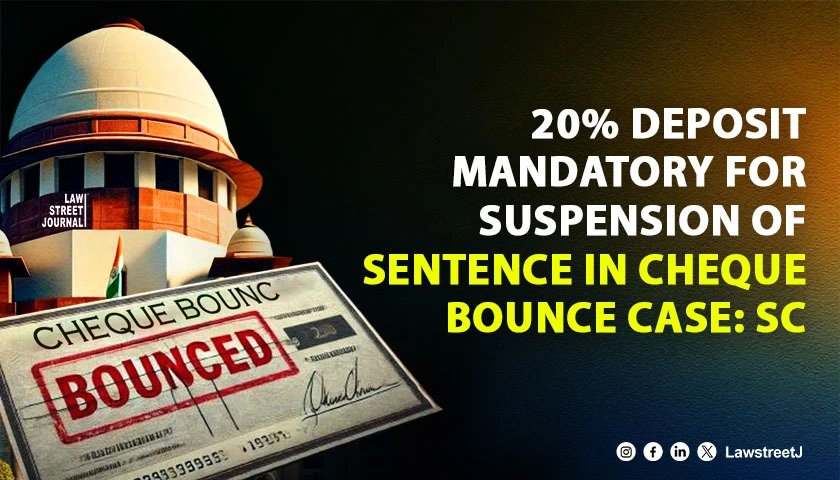NEW DELHI: The Supreme Court has said the State’s decision to not provide reservation has to be based on some quantifiable data and valid reasoning, even though there is no fundamental right to claim reservation, as Articles 16(4) and (4-A) of the Constitution are in the nature of enabling provisions only and do not mandate the State or its instrumentalities to provide reservation in every selection process.
SC on Reservation: No Fundamental Right, But State Must Justify Denial
A bench of Justices Pankaj Mithal and Sandeep Mehta said public employment is a duty entrusted by the Constitution with the State. Therefore, it becomes imperative that the rigours of Articles 14 and 16 are not ignored by the State in relation to the matter concerning public employment. Arbitrariness in public employment goes to the very root of the fundamental right to equality.
The court dealt with the legal position while holding the entire recruitment process initiated for the Class IV posts by the Deputy Commissioner, Palamu, by an advertisement on July 29, 2010, as in violation of both the legal precedents and settled law.
Supreme Court Rules: Public Employment Must Be Fair, Transparent & Non-Arbitrary
The bench said while no person can claim a fundamental right to appointment, it does not mean that the State can be allowed to act in an arbitrary or capricious manner.
"The State is accountable to the public at large as well as the Constitution of India, which guarantees equal and fair treatment to each person. Public employment process thus, must always be fair, transparent, impartial and within the bounds of the Constitution," the bench said.
The court highlighted every citizen has a fundamental right to be treated fairly and impartially, which is an appendage of right to equality under Article 14 of the Constitution. A violation of this guarantee is liable to judicial scrutiny as well as criticism.
The court also pointed out the advertisements in the case, which failed to mention the number of posts available for selection are invalid and illegal due to lack of transparency.
"It is imperative that the State must specifically mention in the advertisement the total number of reserved and unreserved seats. However, if the State does not intend to provide reservation, in view of the quantifiable data indicating adequacy of representation, this aspect must also be specifically mentioned in the advertisement," the bench said.
The court also pointed out the advertisement issued in 2010 was completely silent on the aspect of total number of posts and the number of reserved quota and general quota posts.
"We are of the view that if the State chooses not to provide reservation, that decision must also be conveyed through the advertisement along with the afore-mentioned lists of inclusions," the bench said.
The court cited State of Karnataka Vs Umadevi (2006), in which it was observed that any appointment made in violation of the statutory rules as well as the mandate of Articles 14 and 16 of the Constitution would be a nullity in law.
The bench held the 2010 advertisement was issued in complete disregard to the precedents of this court as well as in sheer contravention of the mandate of Articles 14 and 16 of the Constitution.
In the matter, the High Court's division bench on November 7, 2019, had confirmed the directions passed by single judge to the State government to prepare a fresh panel of selected candidates without giving any opportunity of hearing to the selected candidates.
"In our view, since the very selection and appointment of the appellant-employee was a nullity in the eyes of law, the single judge committed no error in directing for preparing fresh panel of selected candidates without hearing the candidates who were likely to get affected," the bench said.
Since the recruitment process was void ab-initio and ultra vires the Constitution, there was no need to comply with the principles of natural justice as that would be nothing, but an exercise in futility, the bench said.
The court rejected a plea by Amrit Yadav, appellant employee, holding he cannot be allowed to claim prejudice from the fact that he was neither impleaded nor heard before the issuance of a direction affecting his service. It said, a beneficiary of a back-door procedure cannot claim proper treatment as per law when they come at the receiving end.
"Once the appointment process is declared to be a nullity in law, every action taken in furtherance of such appointment process is also illegal, and, therefore, the constitutional courts have jurisdiction to set aside such appointments wholly and ab-initio. This power of the court is not curtailed even in a situation where a third-party right has been created in those who have been offered appointment or have even joined the service," the bench said.















